Donald Trump’s transgender ban is as bad as Don’t Ask Don’t Tell, say 49 Senators
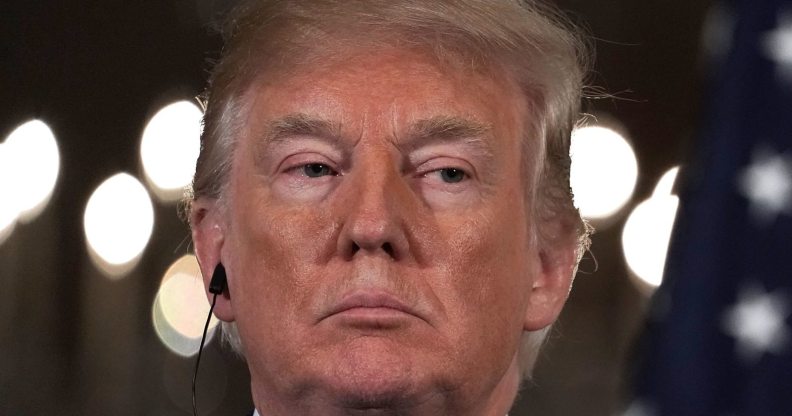
(Alex Wong/Getty)
Nearly half of all US Senators have signed a letter condemning the proposed ban on transgender people from serving in the military.
The letter, which was sent to Defence Secretary James Mattis on April 26, equates the administration anti-trans move to the ‘Don’t Ask Don’t Tell’ policy which banned openly gay troops.
The Senators slammed a memo sent by Mattis to Trump in February, in which the Defence Secretary goes against numerous studies and military figures’ statements to say that there are “substantial risks” associated with trans servicepeople, calling them “an unreasonable burden on the military.”
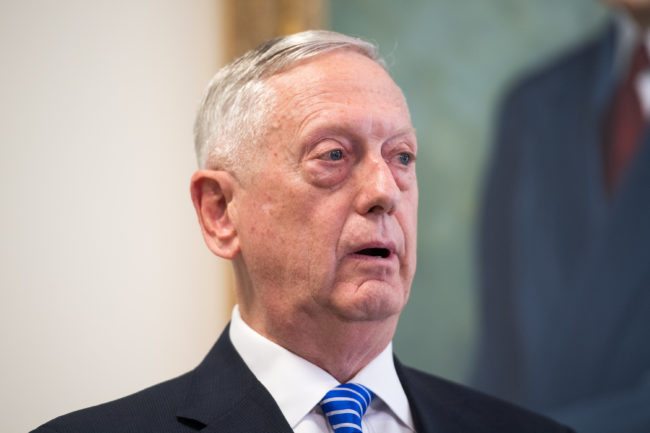
General James Mattis (Lennart Preiss/Getty)
After reading this memo, Trump announced in March that “transgender persons with a history or diagnosis of gender dysphoria… are disqualified from military service except under certain limited circumstances.”
A total of 48 Democrats – every one except West Virginia’s Joe Manchin – and Republican Lisa Murkowski signed the statement spearheaded by Kirsten Gillibrand, who some consider a frontrunner for the 2020 presidential primary.
The letter says: “The recommendations and report break faith with the men and women serving in our military by establishing a new ‘Don’t Ask Don’t Tell’ for transgender service members, permitting them to serve only if they are willing to forego any chance of living as their true selves.
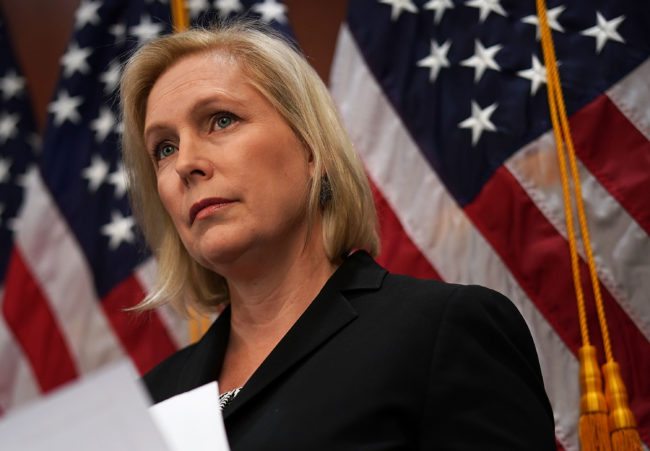
Senator Kirsten Gillibrand (Alex Wong/Getty)
“Just as our mistaken policy regarding lesbian, gay and bisexual service members harmed readiness and ultimately was repealed, the implementation of your recommendations will also harm our nation’s military,” it adds.
Don’t Ask Don’t Tell, which was introduced under Bill Clinton’s presidency, was a compromise after he failed to persuade military leaders to drop a ban on openly LGB people, but led to the dismissal of around 14,000 servicepeople.
The policy was in force until President Barack Obama repealed the act in 2010. The repeal came into force in 2011.
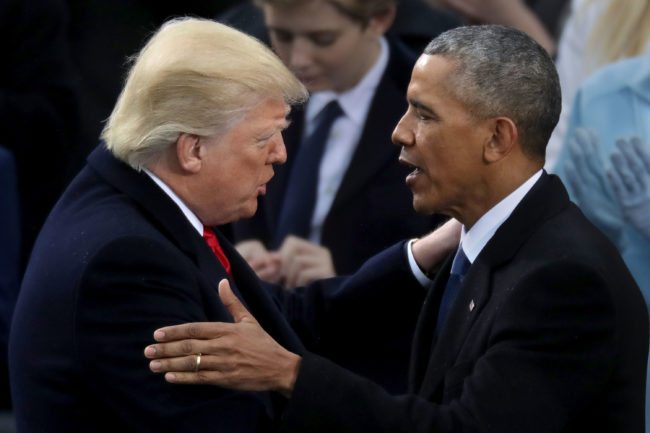
(Chip Somodevilla/Getty)
Obama also announced in 2015 that trans people would be allowed to serve openly in the military.
Trump started his efforts to overturn this decision in July, when he tweeted that “the United States Government will not accept or allow transgender individuals to serve in any capacity in the U.S. Military.”
But in the nine months since that shocking series of tweets, the trans ban has been held up by legal challenges and judges’ rulings.
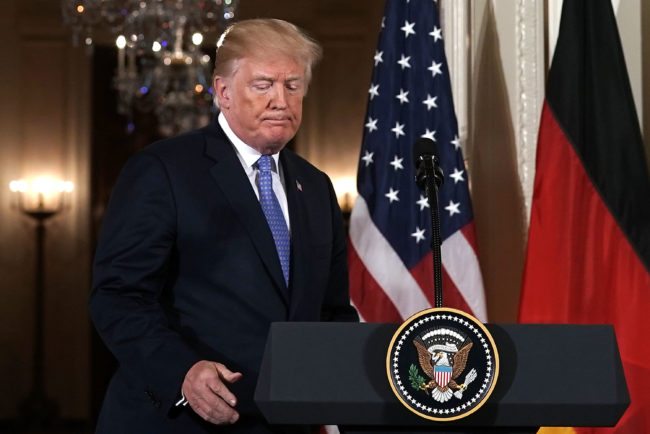
(Alex Wong/Getty)
Human Rights Campaign’s government affairs director, David Stacy, said that the letter highlighted exactly how offensive the proposed ban was to politicians and the public.
“Today’s letter reflects the overwhelming bipartisan opposition among both members of Congress and the American public to this president’s dangerous and unconstitutional ban on transgender troops,” he said.
“The implementation guidance issued by the Trump-Pence administration was fundamentally flawed and misleading in its assessments and conclusion.
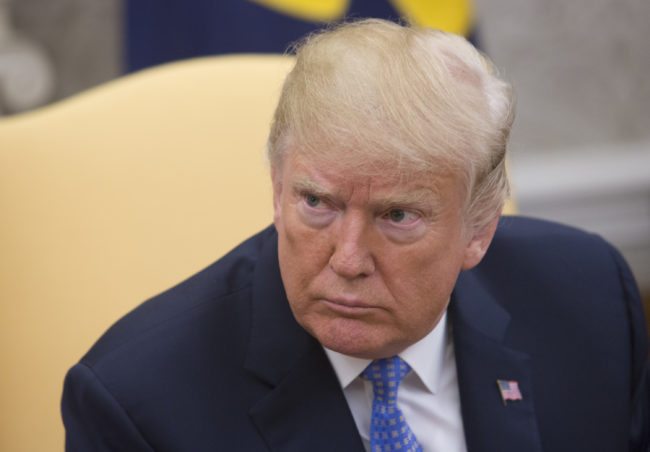
(Chris Kleponis-Pool/Getty)
“Since the President’s first reckless and impulsive tweets on this matter, military leadership, medical experts and federal courts have all affirmed the fact that there is simply no reason to bar qualified transgender people from serving their country.”
The ACLU’s legislative representative, Ian Thompson, said: “This letter makes clear that transgender people in our military deserve more from their government than a policy that coerces them into choosing between their humanity and their country and that tells them that they are not welcome.”

